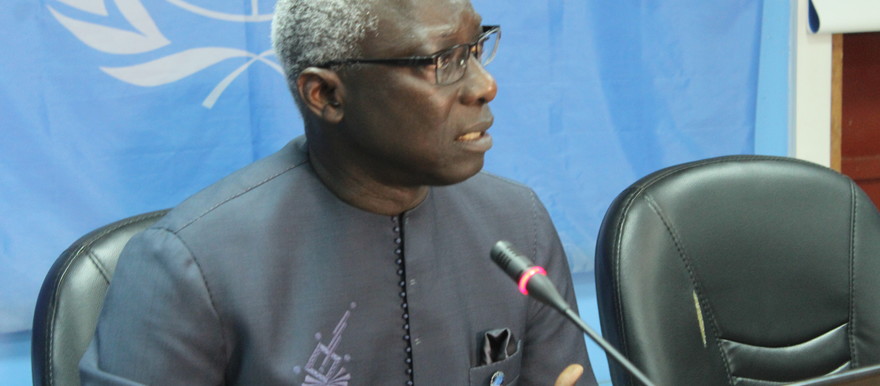A top U.N. official said that South Sudan “could evolve into a genocide,” if steps are not taken in the country that include promoting reconciliation and engaging in both local and national dialogue.
“I must emphasize that genocide is a process. It does not happen overnight. And because it is a process and one that takes time to prepare, it can be prevented,” said Adama Dieng, the United Nations Special Adviser on the Prevention of Genocide during a press conference on Friday.
Dieng was in the country for a short trip to assess the status of the country and work to stop the rise in ethnic tensions in the country. He visited Yei, which has seen significant fighting between government and opposition forces and has led to a humanitarian crisis in that region.
“What surfaced over and over in my discussions this week was the presence of long-standing anger, combined with misconceptions and preconceived notions. These need to be addressed if there is to be a chance of peace,” Dieng said.
He painted a bleak picture of the country, but said that reconciliation between communities was essential.
“My intention in reporting this assessment is to provide impetus for preventive action,” Dieng said. “I was encouraged by the receptivity, among the actors with whom I met, to my suggestion that there was an urgent need for reconciliation, as well as a willingness to engage in both community and national level dialogue,”
But on the day that Dieng spoke, the popular Eye Radio news and music station was shutdown by the country’s National Security Service. He said that he would request the radio station be reopened, because of its messages of peace,”
South Sudan’s government “should have rather encouraged, congratulated, used that radio as a model, say “from now on that is the message that we want” because that is what I have been asking them,” Dieng said. “This is a time when we need powerful and spreading messages of peace that is what we need, we don’t need hatred,”




